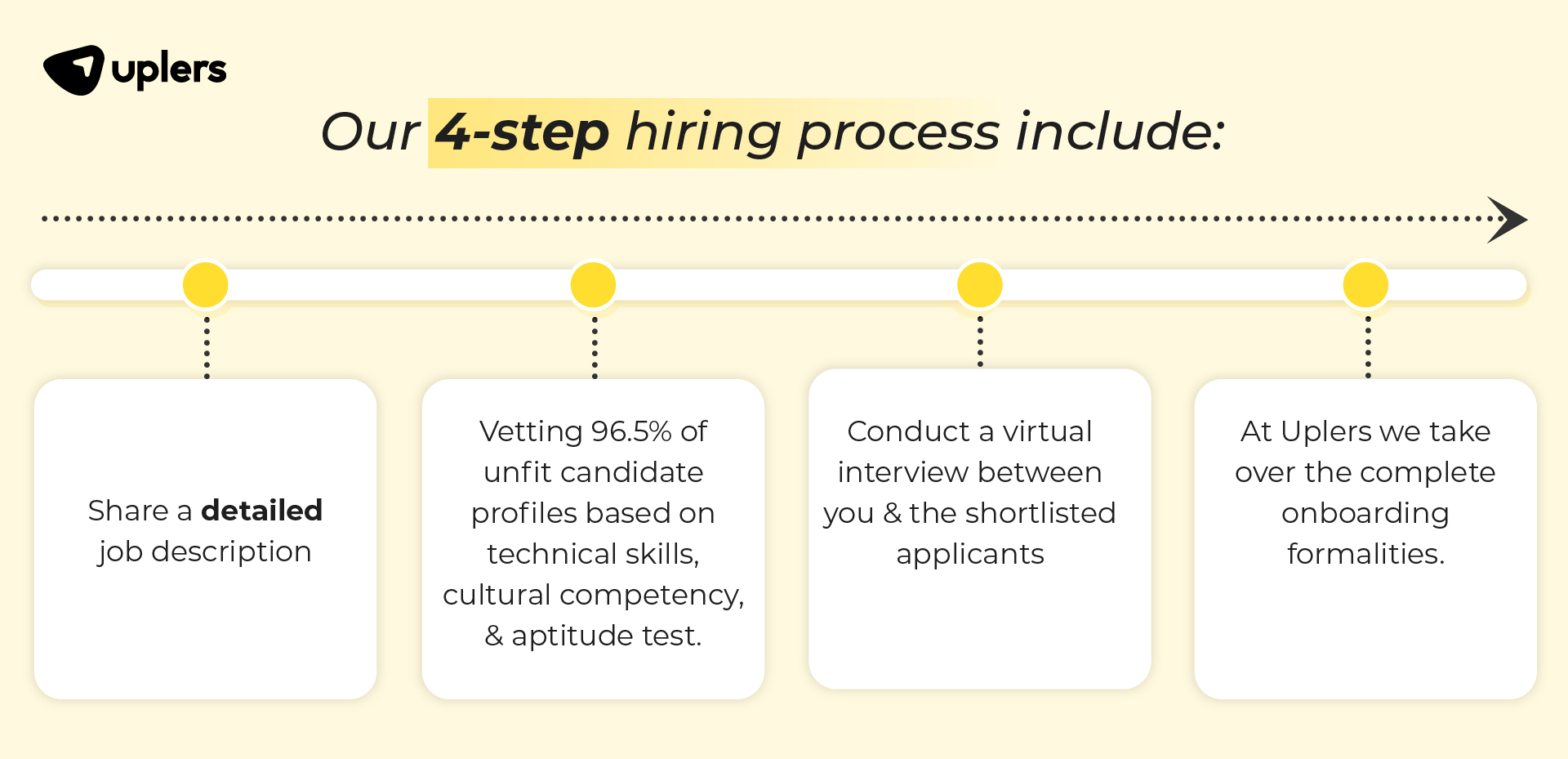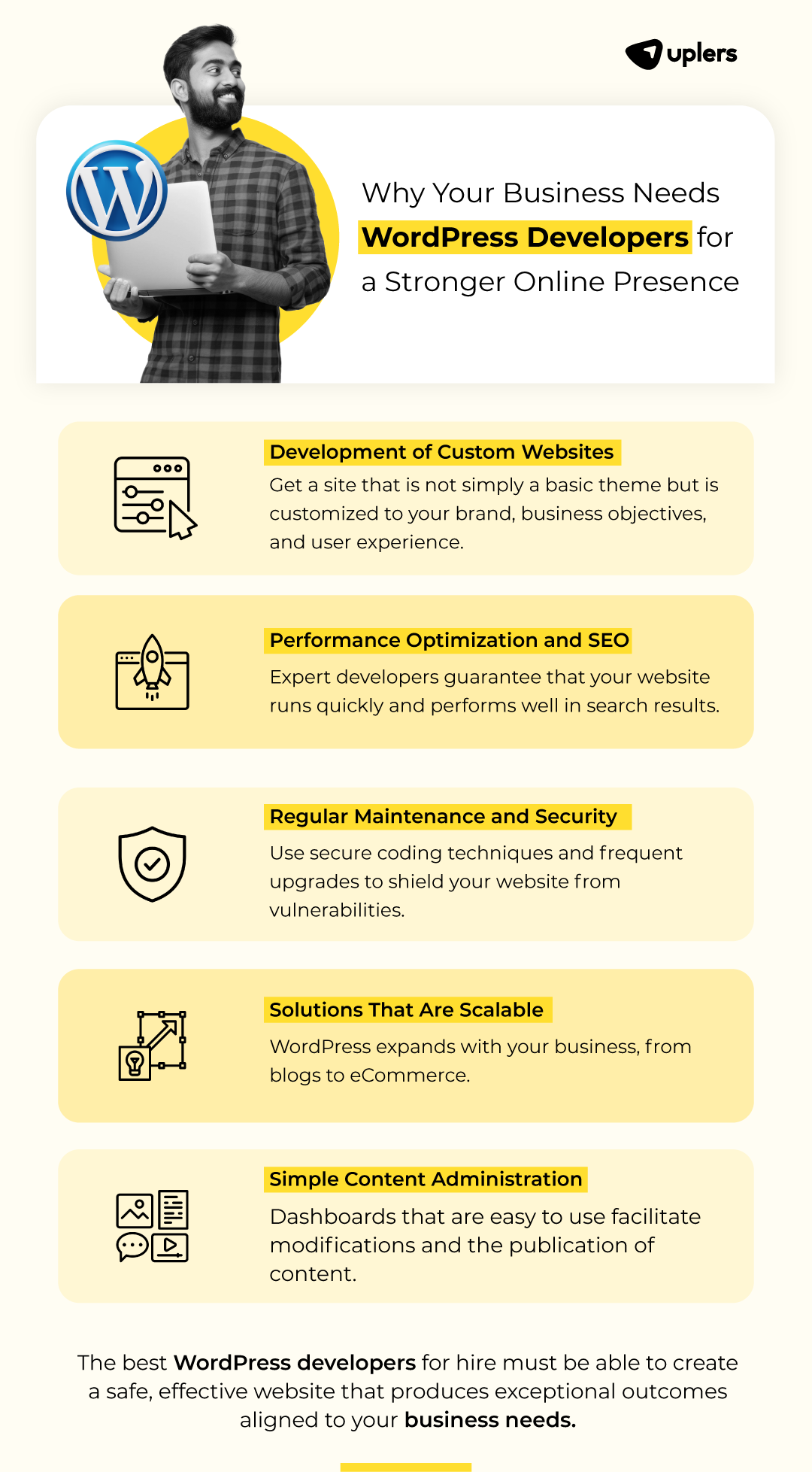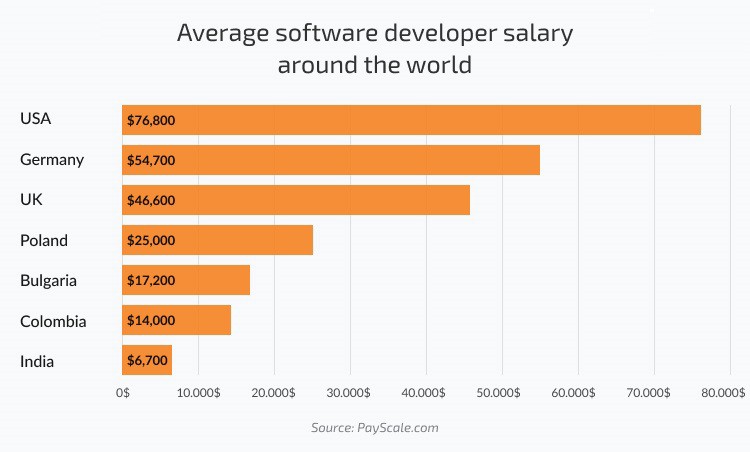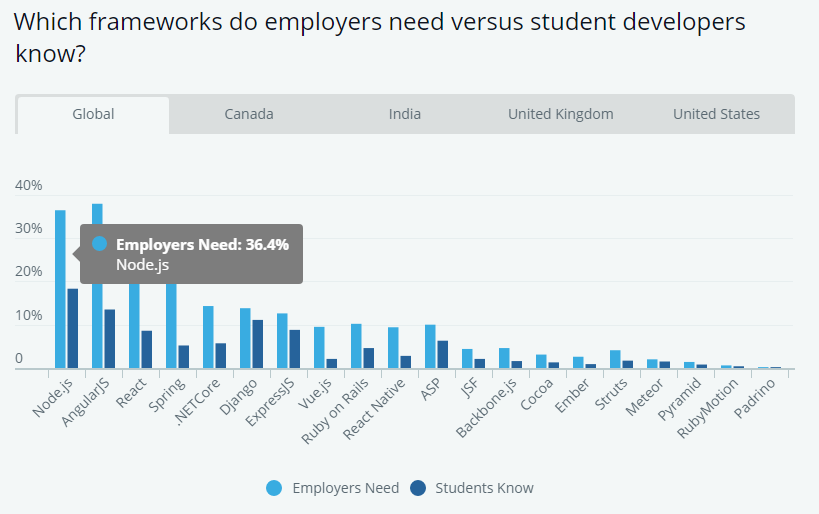In a front-end ecosystem that is dominated by React and Angular, Vue.js has maintained its place as the go-to framework for developers prioritizing simplicity, flexibility, and lightning-fast performance. What makes this especially appealing in 2025 is its ability to deliver modern UI/UX with minimal overhead – a key differentiator in the age of speed-obsessed product development.
While React rules the enterprise and Angular powers large-scale systems, Vue has carved a strong niche among product teams favoring clean architecture, component-level customization, and maintainable codebases. If you are considering hiring vue js developers that can deliver highly interactive, lightweight, and maintainable interfaces, there’s no better time than now to invest.
As per the reports from State of Vue, Vue.js continues to be one of the most popular frontend frameworks. In this blog, let’s dive into why Vue.js still matters, what to look for in the developers, and how to evaluate them effectively.
Business Benefits of Using Vue.js for Modern Web Interfaces
The value of Vue.js is not simply technical but also strategic. For product companies, the real payoff lies in the development speed, stability, and cost-efficiency that it brings to web interfaces.
Why Vue makes business sense:
- Quick Time-to-Market: Prototyping and releases are accelerated by lightweight architecture and a mild learning curve.
- Reduced Maintenance Overhead: Vue’s scoped styles and single-file components simplify app maintenance.
- Customizability: Vue may be scaled across large SPAs or PWAs, or developers can adopt it gradually.
- Robust Ecosystem: Vite, Pinia, Vue CLI, and Vue Router simplify state management, routing, and performance.
The progressive framework structure of Vue.js makes it a game changer, allowing startups and product companies to evolve their frontend without the need for massive rewrites. This flexibility and cost-effective engineering talent, makes it significantly easy to hire Vue js developers that can deliver value across distinct projects.
Core Skills to Look for When Hiring Vue.js Developers
To hire Vue js developers you need to check a lot of things beyond their knowledge of directives and v-model syntax. In 2025, hiring managers are headhunting professionals that can blend Vue expertise with modern JavaScript architecture and real-world product thinking.
Must-have skills in a Vue.js developer:
- Strong proficiency with Vue 3 (lifecycle hooks, reactivity, and composition API).
- Knowledge of TypeScript in Vue settings.
- Ability to use state management tools such as Vuex or Pinia.
- Familiarity with contemporary build technologies, such as Rollup, Webpack, and Vibe.
- Capacity to use Vitest or Jest to write unit tests.
- Knowledge of cross-browser behaviour, accessibility, and responsive user interface.
If the developer has hands-on experience in integrating Vue with REST APIs, GraphQL endpoints, or Firebase, it can be an added bonus. This often tends to be important for modern full-stack applications.
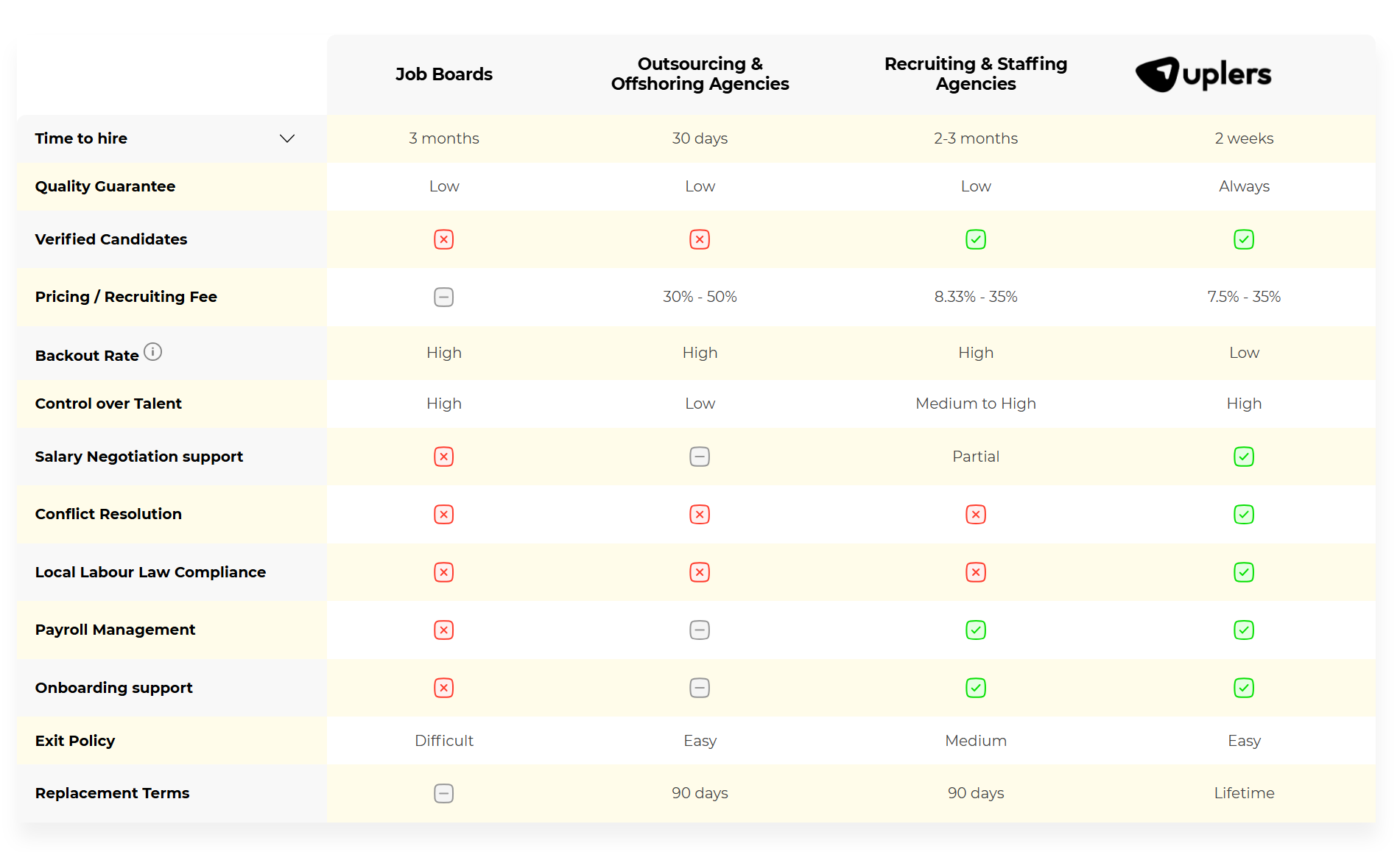
Real-World Applications: Where Vue.js Excels in Performance and UX
While Vue js is versatile enough for most frontend projects, it excels in scenarios that need fast interactivity and sleek UX:
- Applications that are single-page (SPAs)
- PWAs, or progressive web apps
- Admin panels and SaaS dashboards
- Promotional websites featuring interactive elements and animations.
- Frontends for e-commerce (particularly headless deployments).
Vue also shines in projects with tight performance budgets. The lightweight runtime is what makes it an ideal pick for mobile-first experiences or platforms that target users in bandwidth-constrained regions. Also, with Vue it’s possible to integrate one component at a time in the legacy systems. This makes it a smart choice for gradual modernizations, rather than full rebuilds.
This can be a positive aspect for startups and mid-sized companies that are considering delivering modern UX without rewriting the entire stack. This is one of the reasons that savvy teams continue to hire Vue js developers with hybrid modernization exposure.
Evaluating Developer Experience Through Portfolios and Code Quality
A competent Vue js developer is one who doesn’t simply write clean code, they design scalable component systems, document clearly, and structure their codebase for future generations of developers.
What to look for in portfolios or assessments:
- Evidence of performance optimization (lazy loading, debouncing, hydration techniques).
- Practical use of Vue Router, Pinia/Vuex, and async data flows.
- Component-level thinking (Reusable, isolated components with props/events)
- GitHub repos with commits showing version control fluency and best practices.
- Use of slots, mixins, and composition functions for code reuse
If you are comparing roles across frameworks or calculating the cost to hire front-end developers, Vue developers often strike a balance between velocity and scalability. This output is faster delivery cycles with maintainable codebases.
Final Thoughts: Building Fast, Scalable Interfaces with the Right Vue.js Talent
In the competitive product landscape, a framework like Vue is not just about code – it’s about strategic speed. It’s about the ability to design fast, modular, scalable UIs while keeping cognitive and development overheads low. To attain this competitive edge, you need developers who can think beyond competent logic, professionals that understand browser behavior, performance expectations, and user intent.
The global demand to hire Vue js developers is rising and India has emerged as one of the top hubs for sourcing reliable and affordable Vue talent. Whether it’s hiring web developers for a short-term project or long-term scaling, the Vue ecosystem has both speed and stability.




